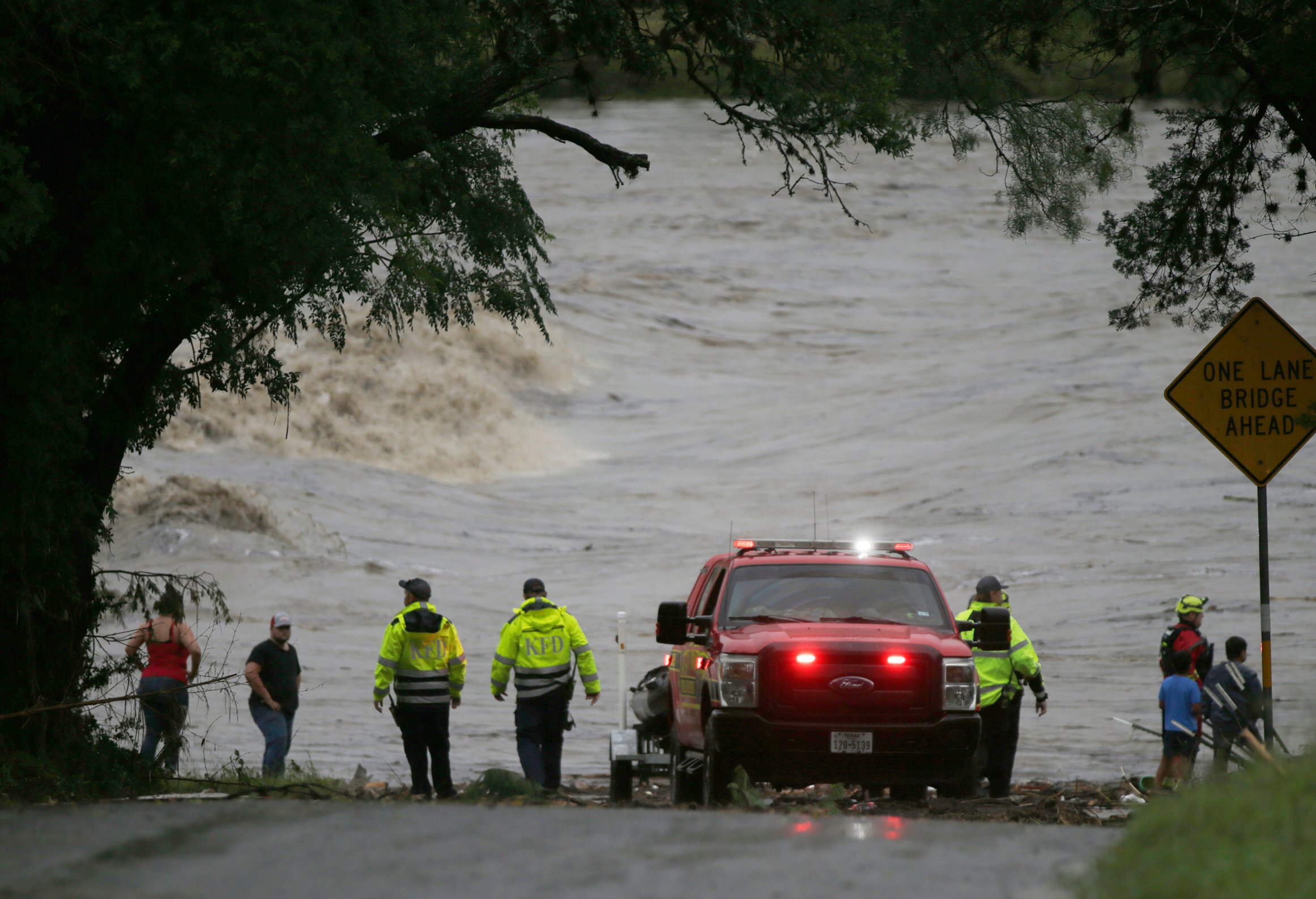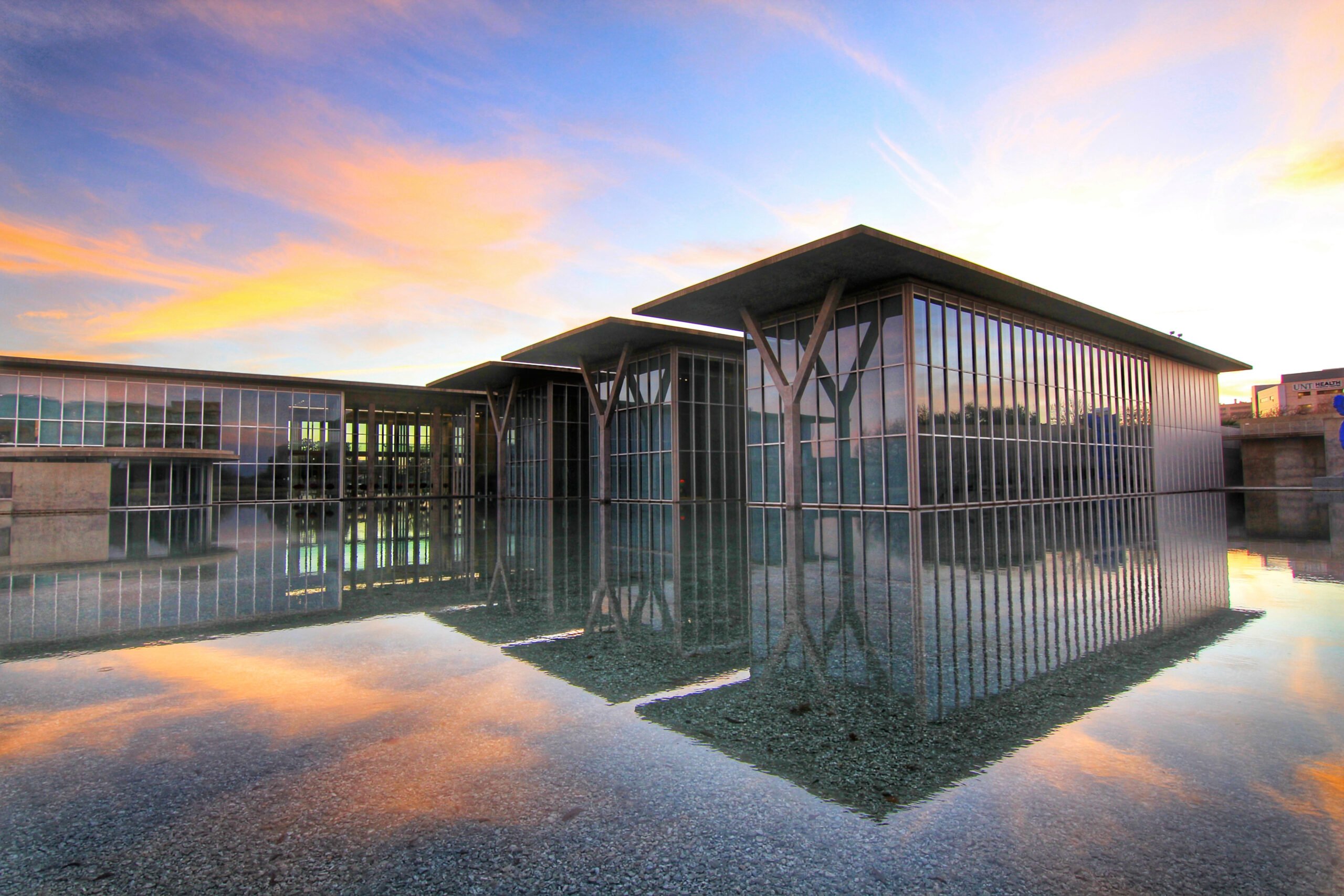ustxtxb_obs_2006_07_28_50_00005-00000_000.pdf
Page 32
plants will likely harm Texas’ air quality. Gov. Rick Perry has decided that an abundant power supply and energy-company profits are more important than clean air. In October, Perry issued an executive order to expedite the state’s permitting of the proposed plants. Now a growing chorus of critics, including environmental advocates and some municipal leaders, are fighting the process. They charge that state environmental officials are doing nothing to slow the so-called “coal rush,” allowing polluters to put the environment and public health at risk. If built, the 17 plants will emit thousands of pounds of mercury \(numero uno on the federal thousands of tons of ozone-producing pollutants, and millions of tons of global warming gases. The stakes are especially high for the Dallas-Fort Worth area. Nine counties in the greater Metroplex now violate the Environmental Protection Agency’s ozone standards, and must make significant reductions by 2010 or face severe federal sanctions. Clean-air advocates warn that the new plants will make it virtually impossible for the area to meet the deadline. Other areas on the clean-air brink, such as Austin, could be pushed into violation as well. No one knows for sure the extent of the coal plants’ potential impact on air quality. That’s because the Texas Commission on Environmental Quality has chosen not to study the issue. The agency hasn’t done any comprehensive modeling or required the companies to look at what effect their emissions might have on air quality statewide, critics charge. TCEQ has argued that the state process for cleaning DFW’s air, known as the State Implementation Plan, will address the cumulative effects of new coal plants. Environmentalists say the SIP process is inadequate on its own. “The SIP process is really just a paper exercise, rather than a true plan to bring us into [EPA] attainment,” said Wendi Hammond, an environmental lawyer and executive director of Blue Skies Alliance, a Dallas-based clean-air group. In fact, one TCEQ commissioner has more or less admitted that the agency is allowing the coal-plant companies to violate a provision of the federal Clean Air Act. The section bars new, major sources of air pollution from causing air-quality violations elsewhere. In May, Commissioner Larry Soward, along with the other sitting commissioner, Chairwoman Kathleen Hartnett White, cast a precedent-setting vote approving air permits for the first of the 17 new plants, proposed by LS Power Group, a New Jersey-based company. But Soward added, “I’m not willing to say that they complied with the intent of the Clean Air Act. I don’t believe they did.” Why then did he vote for the permit? Because, he said at the hearing, he was bound by TCEQ’s long-standing rules and traditions. Those rules seem to allow companies to skirt the federal law. “The fact of the matter is, the DFW area has been choking on bad air for almost a decade,” Hammond said. “The agency doesn’t have the guts to do what it’s supposed to do to protect the public under the law.” FUNDING SUDAN No amount of pleading or legislating so far has swayed the moral conscience of Texas’ employee pension fund managers, who still refuse to divest from companies that do business with Sudan. For three years, Sudan has been embroiled in civil war. In the western Darfur region, government-backed ethnic Arab Janjaweed militias have conducted a genocide campaign against ethnic African tribes that has killed an estimated 400,000 people; 2 million have been displaced. The Sudanese government has had past links with terrorist organizations, including Al Qaeda. In mid-July, state Rep. Ruth Jones McClendon, a San Antonio Democrat, sent letters to the state Teachers Retirement System and the Employees Retirement System, which together control tens of billions in investments for teachers and state employees. McClendon asked the funds to provide her with a detailed report on all their Sudan-related investments, and to dump those holdings. According to the Washington, D.C.-based Center for Security Policy, the TRS has invested $5.6 billion in 35 companies that do business with Sudan, such as French telecom giant Alcatel SA. The ERS has invested $1.2 billion in 26 corporations, including South African oil company Total SA. Under U.S.-imposed economic sanctions on Sudan, American companies have been barred from selling goods to the African country since 1997. Yet Americans can conduct business with international companies that deal with Sudan. As the chairperson of budget and oversight on the House Pensions and Investments Committee last session, McClendon helped pass out of committee House Bill 815, which would have prohibited state funds from being invested in private businesses or corporations doing business with Sudan. Authored by Democratic state Rep. Lon Burnam of Fort Worth, the bill passed unanimously out of committee, but never reached the House floor. Last month, state Sen. Rodney Ellis, the Houston Democrat who authored a similar bill that died in the Senate, also asked the employee system to divest. So far, ERS hasn’t complied. ERS spokesperson Mary Jane Wardlow said the agency is following a resolution passed by the National Association of State Retirement Administrators, which in essence says that money managers shouldn’t use investments to influence U.S. foreign policy. Other pension funds around the state are funneling money to Sudan-friendly businesses. The Houston Police Pension System has invested $46 million, with $83 million from the Dallas Police & Fire Pension System, and $23 million from the San Antonio Fire & Police Pension Fund. Warren Schott, executive director and chief investment officer for the San Antonio fund, whose investments include Total SA and French bank BNP Paribas, said he is “waiting for a defini tive list” of terror-sponsored states and companies from the federal government before the board would consider voting continued on page 25 JULY 28, 2006 THE TEXAS OBSERVER 5


